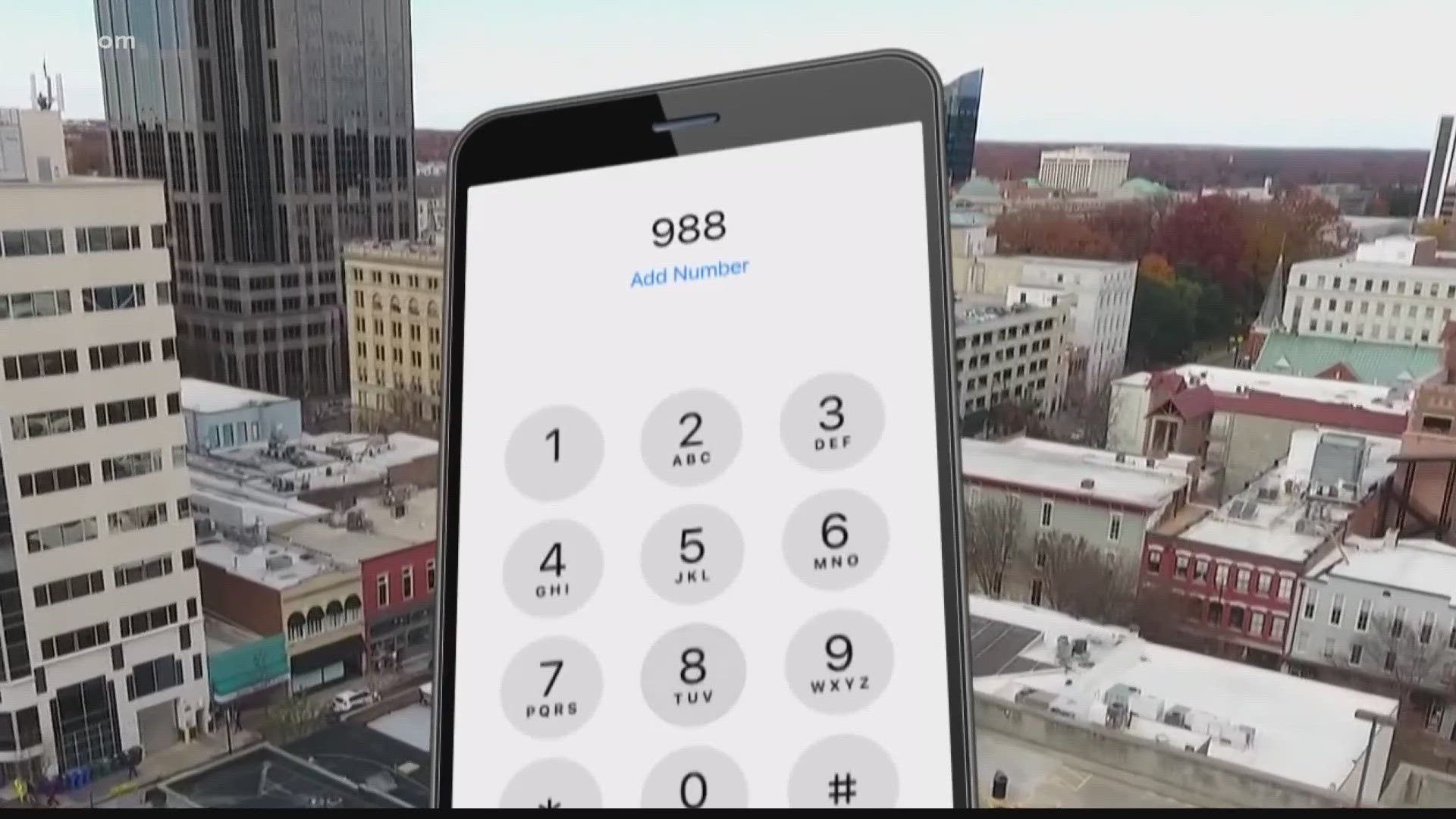COLUMBIA, S.C. — Efforts are intensifying to combat the crisis of suicide and save lives in South Carolina.
A $3 million grant from Substance Abuse and Mental Health Services (SAMHSA) aims to expand mental health assistance to rural counties with high suicide rates using technology.
According to the South Carolina Prevention Coalition, 432 people died by suicide in Richland County between 2017 and 2020. In Lexington County, 404 people died by suicide.
On any given day, South Carolina's Suicide and Crisis Lifeline call center answers dozens of calls. Jessica Barnes works with the Department of Mental Health and the South Carolina Suicide Prevention Coalition.
The group works to reduce the stigma surrounding mental health and increase awareness of preventable deaths.
According to the coalition, a large blind spot in mental health care in the state is relatability.
"We know our people, and it feels more personable when you talk to someone. 'Yes, I'm here. I'm with you. I'm also in South Carolina,'" Barnes said.
Tracee Rowell, the program director with SC Mobile Crisis, a mental health crisis center in South Carolina, said incorporating telehealth could make a significant impact.
"We could increase access to our services and also speed up response time," Rowell said.
As such, recipients will also use grant funding to train and hire peer support staff with lived experiences to fill staffing gaps.
During a recent meeting with other mental health professionals, Barnes and her colleagues agreed that relatability is a problem. Lived experiences might be the solution.
"Research with SAMSA has shown that incorporating peers onto these teams increases engagement for those individuals in crisis," Rowell said.
The Department of Mental Health reiterated that, regardless of where the call is answered, someone trained in crisis intervention will be there to assist.
Anyone in a mental health crisis can call 988.

